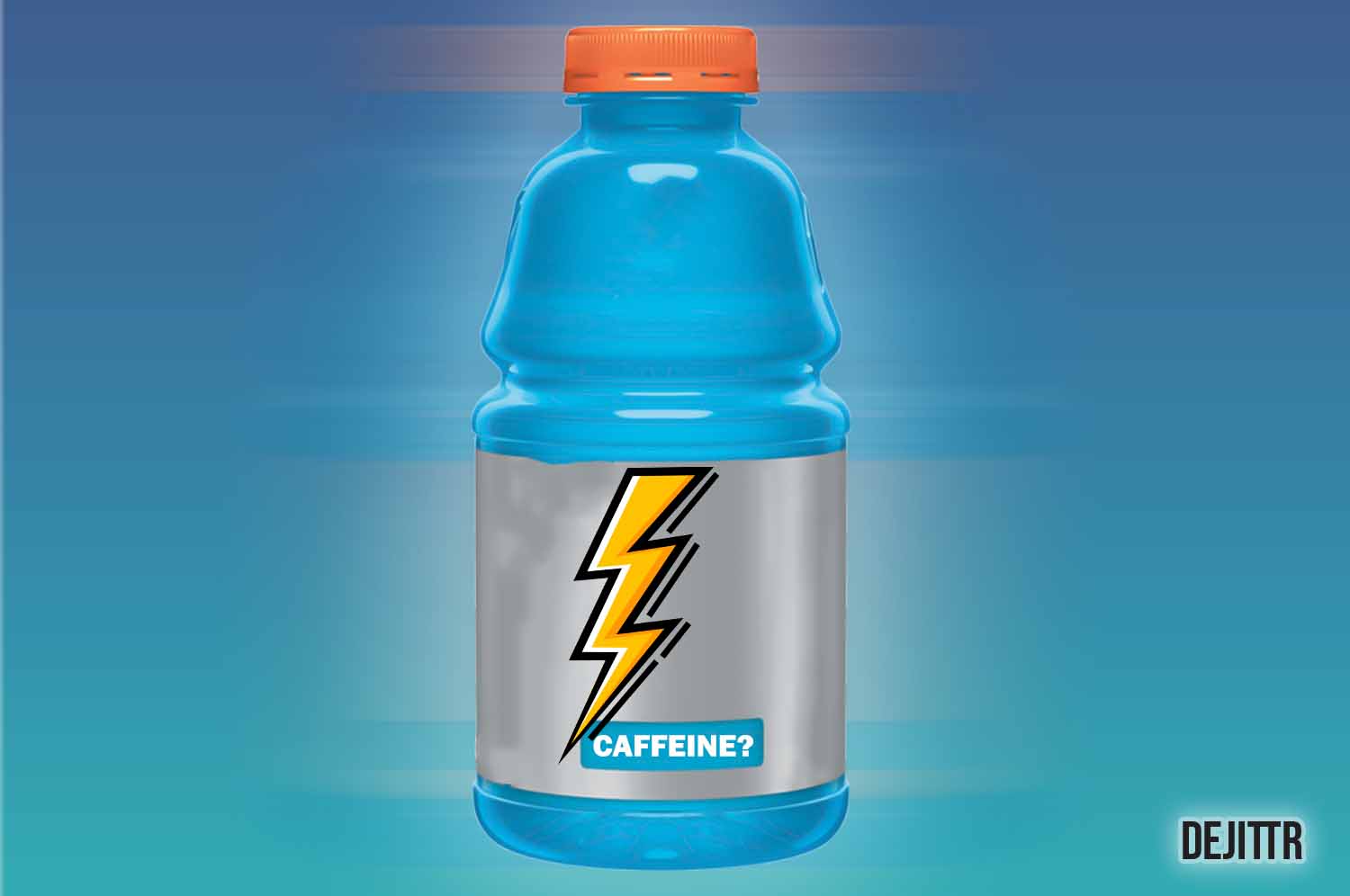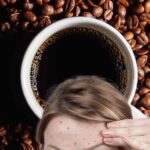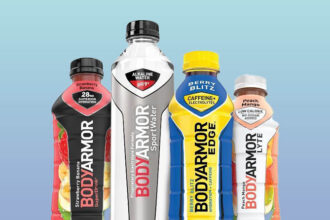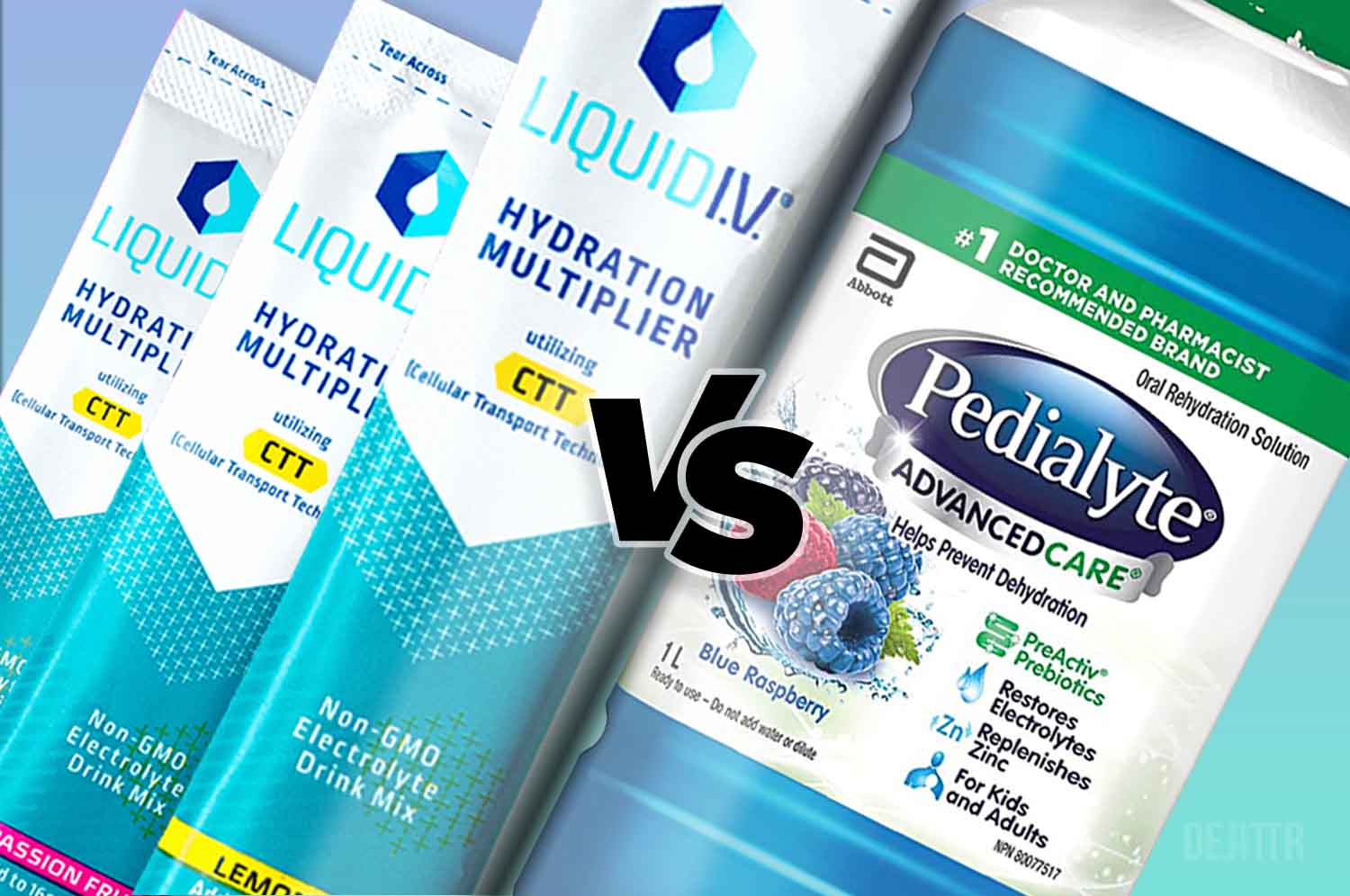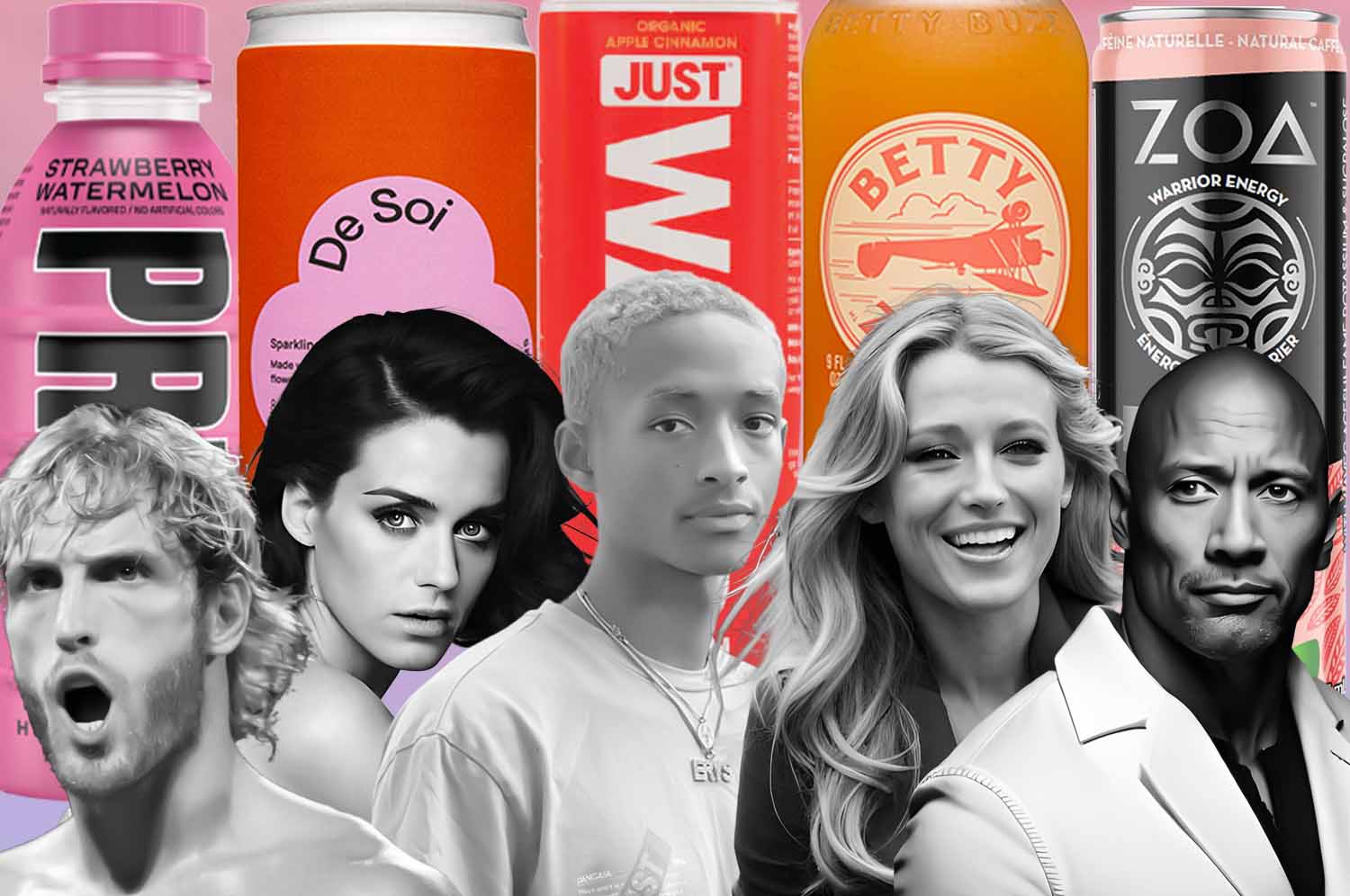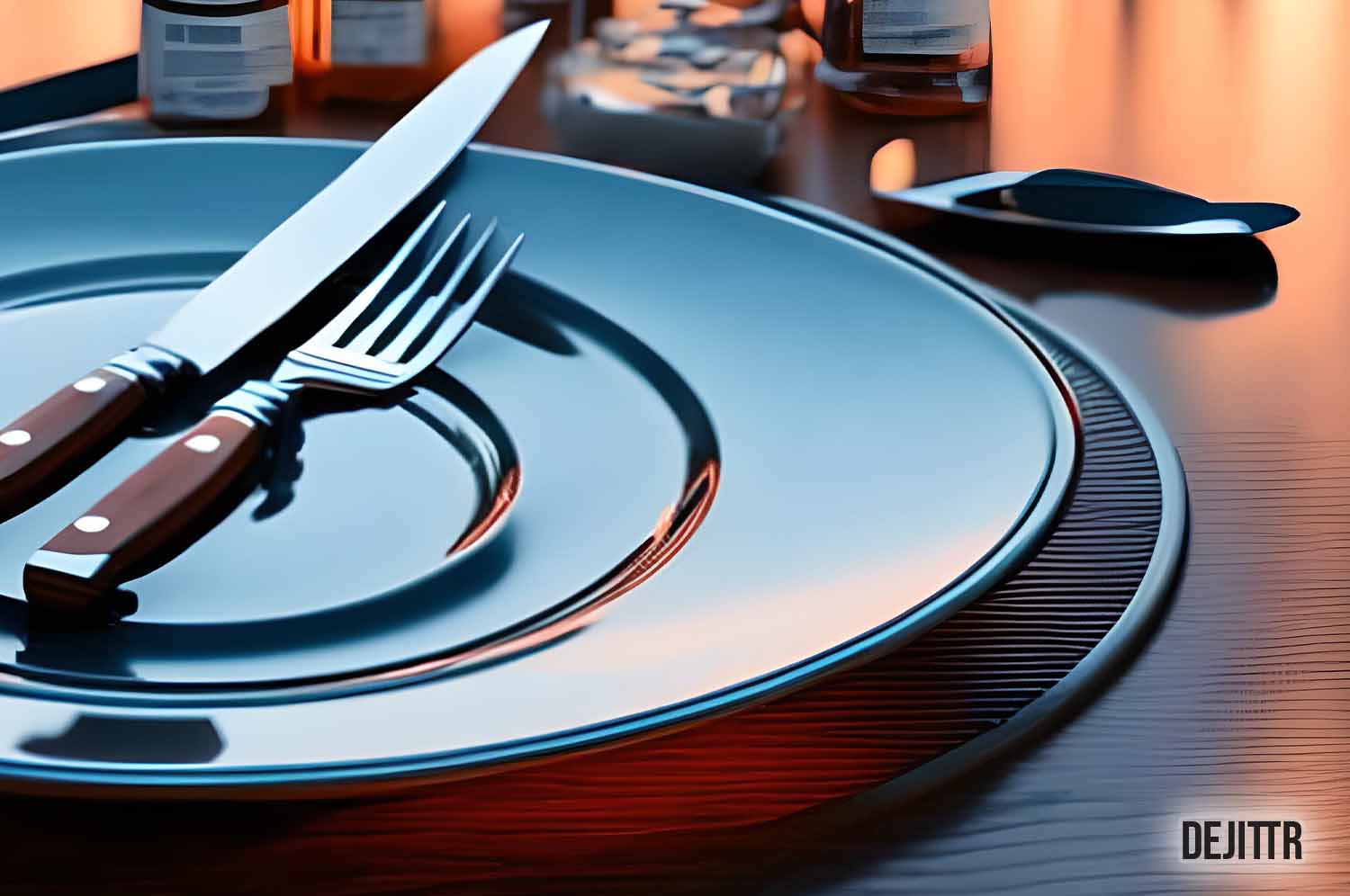Do you want a mid-work adrenaline rush or energy buzz to keep you going? An electrolyte sports drink with added caffeine can help you achieve that. Caffeine has the same effect as a runner’s high, releases dopamine or happy hormones, and keeps you more alert.
Some people are concerned that caffeine will also cause dehydration. According to the Mayo Clinic, caffeine-containing beverages have “a mild diuretic effect.” This just means you’ll likely urinate more frequently, but it doesn’t “increase the risk of dehydration.”
Normal electrolyte sports drinks do not necessarily help give you more energy. It’s the electrolyte-infused sports drinks that use caffeine help with sustaining energy levels along with electrolyte levels.
What Do Sports Drinks Usually Contain?
According to the Harvard nutrition source, sports drinks mainly contain fluids full of carbohydrates or natural sugars. They do not include any additional or artificial sugars and are sweetened with low-calorie sweeteners.
In its entirety, a sports drink contains fluid (mainly water), and macronutrients such as carbohydrates which come in the form of glucose, high-fructose corn syrup, sucrose, and minerals like sodium, potassium, magnesium, bicarbonate, chloride, phosphate, and calcium.
Do Electrolytes Keep You Awake?
No, electrolytes don’t keep you awake on their own. They help you get a night of better sleep. Electrolytes contain many important nutrients such as calcium.
Calcium promotes the development of melatonin or sleep hormones. This is supported by a study published in Neuroscience that states electrolytes containing calcium increase rapid eye movement or REM sleep.
REM sleep plays a significant role in healthy brain development, dreaming, learning, emotional processing, and sharpening memory. According to another study, electrolytes can also help with insomnia. Electrolytes are not helpful for hydration but also for sleeping better at night.
How Does Your Body Use Electrolytes?
The minerals that we talked about in the ingredients section of a sports drink act as chemicals. These chemical compounds, when dissolved in water, which is how we usually drink a sports drink, give ions. These ions are electrolytes. And these electrolytes conduct electricity in the body.
But how does the body conduct electricity? Our bodies need electrolytes to survive. Small electric circuits are generated throughout the body.
These electric circuits are vital for the important functioning of the body such as thinking, moving, feeling, etc.
When we consume these sports drinks, electric circuits are generated to maintain the body’s ion or electrolytes level, and proper brain functioning.
Sports Drinks vs. Energy Drinks
You might have heard about Red Bull, an energy drink, that gives you wings, or Prime Hydration, a sports drink, brought to you by Logan Paul and KSI.
Don’t mistake them for the same stuff because they are very much different – no matter how the drink is advertised.
According to Jurgen Swinckels, a sports nutritionist from the School of Nutrition, sports drinks are consumed to replenish the electrolytes lost during a workout, supply carbohydrates, and sustain endurance capacity.
Rich in vitamins, nutrients, and minerals, sports drinks keep the body’s electrolytes in balance. Drinking a sports drink after an intense workout can also help kickstart your recovery process.
Energy drinks, on the other hand, increase energy levels or make you more alert. They contain stimulant compounds like caffeine and sugars that help with mental and physical stimulation. They also help improve performance during exercise and increase concentration – but for a shorter span.
Which drink to drink depends upon what goal you are trying to achieve. If you’re feeling lazy and slacking on your work mid-evening at the office and need a lot of stuff done, then you need an energy drink that will give you the boost you need and mental alertness to get the job done.
If you’re about to have a solid workout at the gym or lost a lot of sweat during the workout, then any sports drink full of potassium, sodium, and magnesium will aid you in performing better, meet recovery, and reload on those lost glycogen stores aka energy powerhouse.
Electrolyte Drinks That Contain Caffeine
Nuun Sport + Caffeine and Hydralyte + Energy Boost Electrolyte Powder are some of the electrolyte drinks that contain caffeine. They not only keep your body hydrated but also boost athletic performance.
Does Gatorade Contain Caffeine?
No, Gatorade doesn’t contain caffeine. But it does contain a lot of sugar. This boosts your energy levels and replenishes electrolytes lost during workouts.
What Drinks Have the Most Electrolytes?
Some of the electrolyte-rich drinks are Gatorade, fruit juices, milk, coconut water, and smoothies. You can also opt for sugar-free, gluten-free electrolytes to rehydrate your body, such as Liquid iv, LMNT, or BioSteel. Read more here about our in-depth analysis of medical-grade electrolytes and what’s best for you.
What Are the Symptoms of Low Electrolytes?
Common symptoms of low electrolyte levels in the body are exhaustion, dizziness, irregular heartbeat, fatigue, nausea, or vomiting, continued sweating, mental confusion, headaches, and diarrhea.
Electrolyte sports drinks are originally designed to hydrate the body, keep body fluids in balance and restock lost nutrients during extraneous physical activity. They’re also rich in sodium, potassium, and magnesium.


